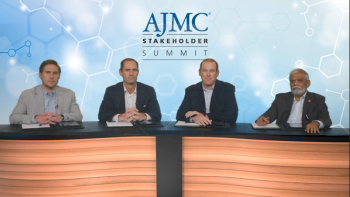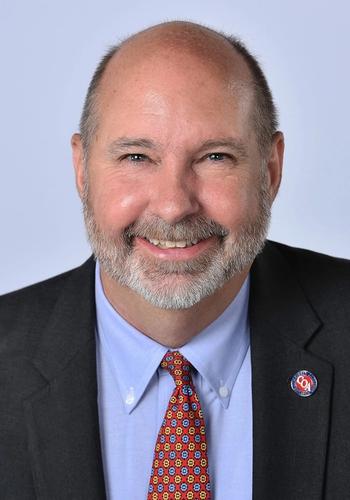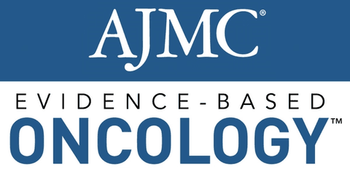
Mary Caffrey
Mary Caffrey is the Executive Editor for The American Journal of Managed Care® (AJMC®). She joined AJMC® in 2013 and is the primary staff editor for Evidence-Based Oncology, the multistakeholder publication that reaches 22,000+ oncology providers, policy makers and formulary decision makers. She is also part of the team that oversees speaker recruitment and panel preparations for AJMC®'s premier annual oncology meeting, Patient-Centered Oncology Care®. For more than a decade, Mary has covered ASCO, ASH, ACC and other leading scientific meetings for AJMC readers.
Mary has a BA in communications and philosophy from Loyola University New Orleans. You can connect with Mary on LinkedIn.
Articles by Mary Caffrey


At Patient-Centered Oncology Care®, Debra Patt, MD, PhD, MBA, of Texas Oncology, discussed managed care considerations that arise from the groundbreaking DESTINY-Breast04 study presented earlier this year.


Guideline-directed cancer care—with help from a clinical support tool—can close disparities while reducing costs more efficiently than other means, such as prior authorization.

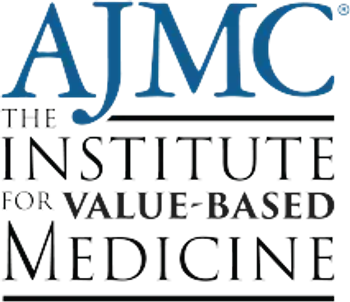
Coverage from the January 18, 2023, Institute for Value-Based Medicine session with Regional Cancer Care Associates held in New Brunswick, New Jersey.

Long-term results show sustained benefit from the immunotherapy-TKI combination for patients with metastatic renal cell carcinoma regardless of risk profile or PD-L1 status.

The investigational therapy promises a new way to target HER2 while still using chemotherapy combinations.

Coverage from the 64th Annual American Society of Hematology Meeting and Exposition, December 10-13, 2022, New Orleans, Louisiana.

Coverage from the 64th Annual American Society of Hematology Meeting and Exposition, December 10-13, 2022, New Orleans, Louisiana.

Coverage from the 64th Annual American Society of Hematology Meeting and Exposition, December 10-13, 2022, New Orleans, Louisiana.

Coverage from the 64th Annual American Society of Hematology Meeting and Exposition, December 10-13, 2022, New Orleans, Louisiana.
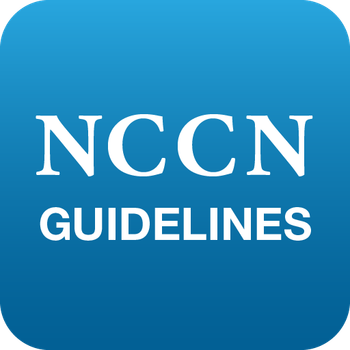
The latest updates in non–small cell lung cancer (NSCLC) cover recommendations for diagnostics, staging, when to use biomarker testing, sequencing of therapeutic options, and the addition of new treatments.

Coverage from the 64th Annual American Society of Hematology Meeting and Exposition, December 10-13, 2022, New Orleans, Louisiana.

Coverage from the 64th Annual American Society of Hematology Meeting and Exposition, December 10-13, 2022, New Orleans, Louisiana.

Coverage from the 64th Annual American Society of Hematology Meeting and Exposition, December 10-13, 2022, New Orleans, Louisiana.
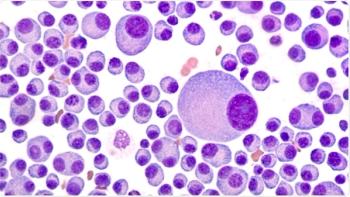
The analysis, which was presented during the 64th ASH Annual Meeting and Exposition, highlighted stringent complete response data for patients 65 years and older and those with high cytogenic risk.

New data from the POLARIX STUDY show that substituting polatuzumab vedotin for 1 part of a classic first-line chemotherapy combination to manage diffuse large B-cell lymphoma improved progression-free survival without compromising health-related quality-of-life.

Results presented during the 64th American Society of Hematology Annual Meeting and Exposition could offer an effective option for those with relapsed or refractory DLBCL, even as chimeric antigen receptor T-cell therapy becomes standard of care for many patients.

In abstracts presented at the 64th American Society of Hematology Annual Meeting and Exposition, the investigational BTK inhibitor pirtobrutinib showed promising efficacy and safety in several types of B-cell lymphoma.

An analysis presented during the 64th American Society of Hematology Annual Meeting and Exposition showed that patients with multiple myeloma were able to experience improved responses to the proteasome inhibitor ixazomib after switching from bortezomib.
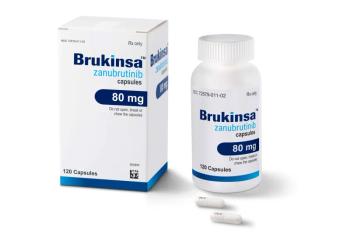
The broad approval, while expected, will likely signal a milestone in the treatment of chronic lymphocytic leukemia (CLL) and small lymphocytic lymphoma (SLL).

The combination of tucatinib and trastuzumab received accelerated approval from the FDA to treat adults with RAS wild-type, HER2-positive unresectable or metastatic colorectal cancer (mCRC) that advances after treatment with specific types of chemotherapy.

Coverage from the 64th American Society of Hematology Annual Meeting and Exposition, held December 10-13, 2022, in New Orleans, Louisiana.

At the 2022 annual meeting of the American Society of Hematology (ASH), customized cancer immunotherapy treatments now share the limelight with bispecific antibodies, which made news across disease states from large B-cell lymphoma to follicular lymphoma to multiple myeloma; as their name suggests, these treatments aim at 2 targets, increasing their potency against cancer.

The combined resources of CareOregon and SCAN Group’s health plan and care delivery subsidiaries, operating under the HealthRight umbrella, will have revenues of $6.8 billion and will serve nearly 800,000 health plan members.

Cemiplimab with chemotherapy appears to offer value comparable to other options and may be "an important tool to use" in first-line treatment of non-small cell lung cancer (NSCLC), said Davey Daniel, MD, chief medical officer for OneOncology, lung cancer specialist.
